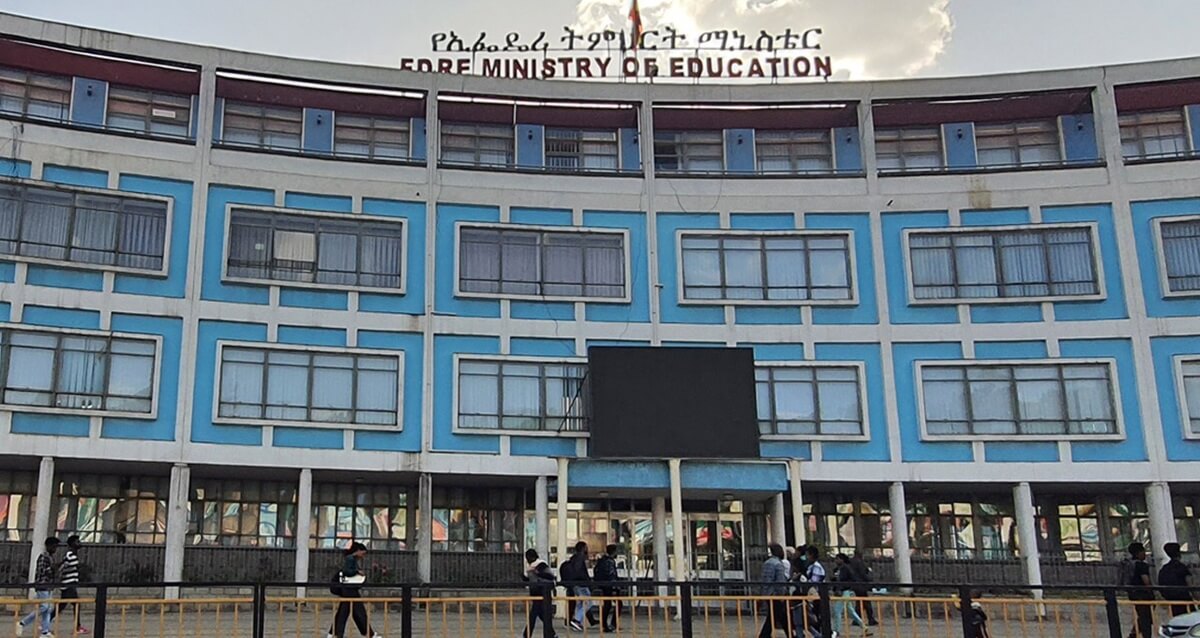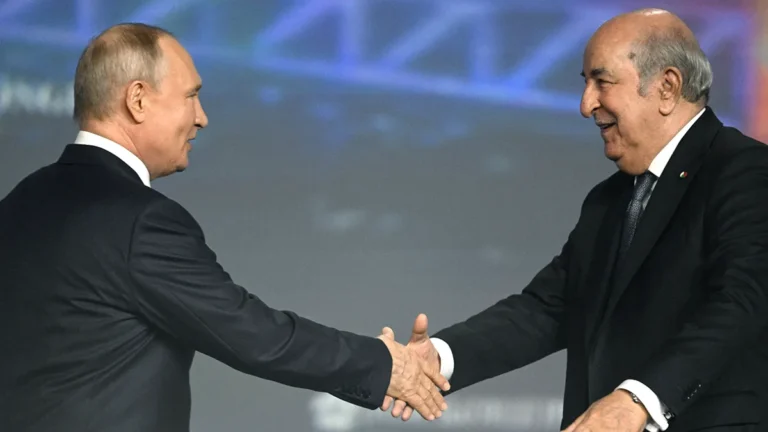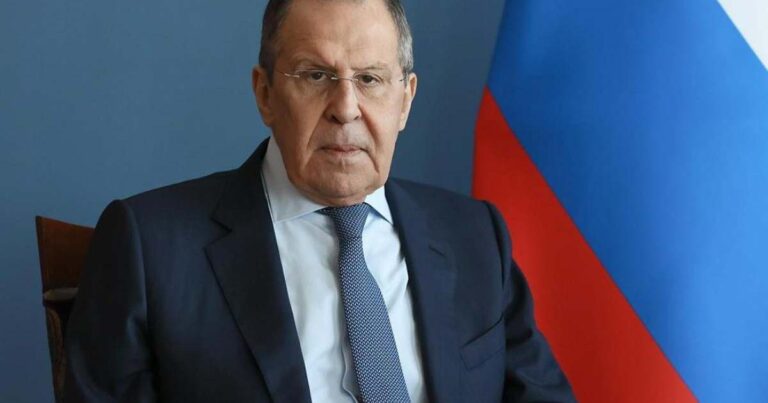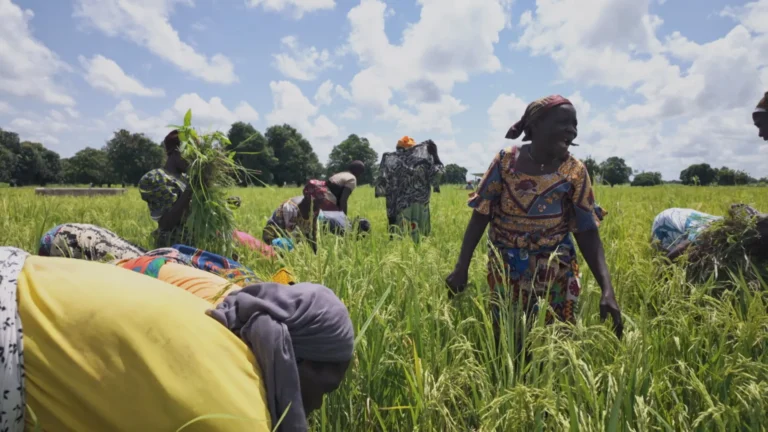
For decades, Ethiopia’s education system has remained suspended in a seemingly unbreakable loop of reform and regression—caught in a cycle where politics continually overrides pedagogy.
Despite repeated attempts at modernization, the country’s schools are still battling foundational issues of quality, access, and equity, and observers warn that reforms often serve political ends rather than educational needs.
In an in-depth commentary published by Addis Standard, educational experts and policy analysts argue that successive governments have failed to build a coherent, evidence-based education system.
Instead, each regime has reshaped curricula and institutional priorities according to its ideological stance, leaving classrooms as battlegrounds for political narratives.
“When you change the curriculum not based on research but based on power shifts, you’re not educating children—you’re indoctrinating them,” noted one senior academic who asked to remain anonymous.
“That’s what has happened in Ethiopia for over 30 years.”
Ethiopia’s education system has been altered multiple times since the fall of the Derg regime in 1991. From federalizing language instruction to revising history textbooks, reforms have often mirrored the governing party’s ethnic or political leanings.
Critics say these changes have undermined continuity and predictability, and failed to improve student outcomes or global competitiveness.
According to the Ministry of Education’s own data, literacy rates remain troublingly low in many rural regions, teacher shortages persist, and infrastructure gaps leave millions learning in overcrowded or unsafe environments.
Despite increased enrolment, dropout rates remain high—especially among girls—and students frequently graduate without meeting basic competency levels.
“Ethiopia has always viewed education through a state-building lens rather than a nation-building one,” said another analyst. “As a result, children are being taught fragmented identities instead of shared values.”
Observers argue that the way forward must involve depoliticizing the education sector, investing in teacher training, revisiting curriculum design with the input of experts—not politicians—and ensuring that reforms are guided by long-term national interests rather than short-term political gain.
Until that happens, Ethiopia’s children may continue to learn in classrooms designed less for enlightenment and more for entrenchment.



